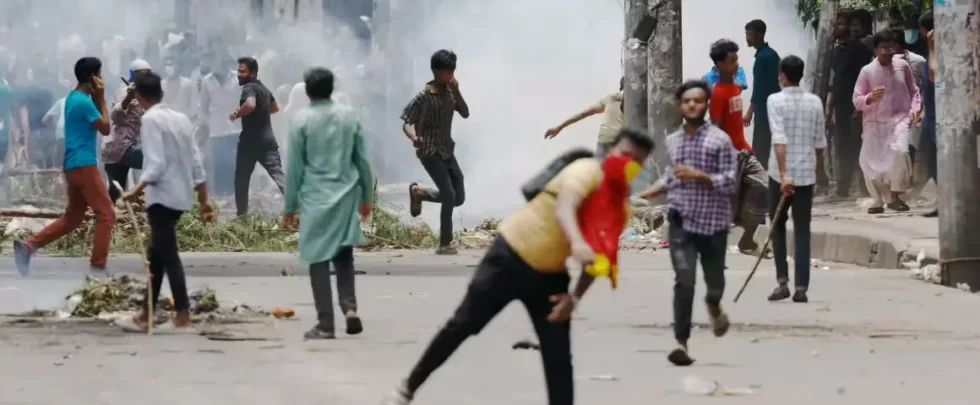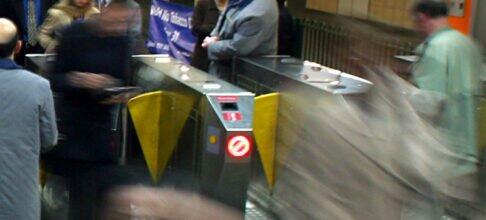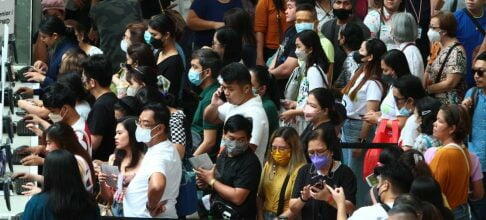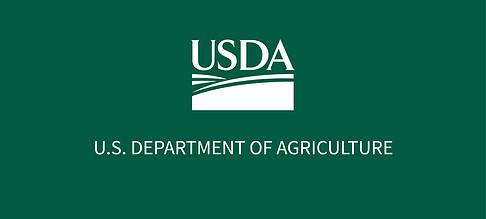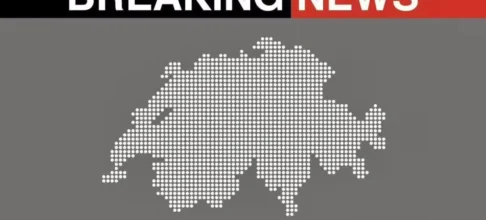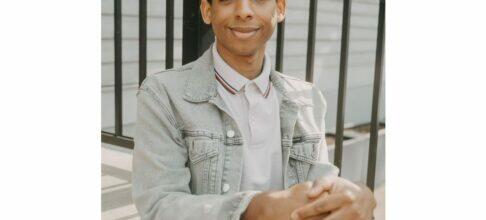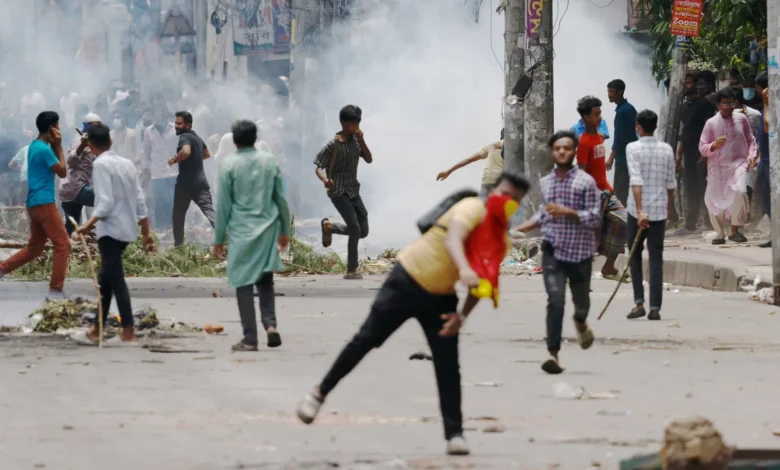
Bangladesh’s Supreme Court yesterday rolled back most of the controversial quotas on government jobs which sparked violent protests.
Under the quota system, some 30 per cent of sought-after civil service jobs are reserved for relatives of veterans who fought in Bangladesh’s war of independence from Pakistan in 1971 – with many of the country’s contemporary political elite related to that generation.
Since the roles are linked to job security and higher pay, the quota system has angered many in the country, particularly students and young people, as Bangladesh faces high unemployment levels.
Dozens of people have reportedly been killed and hundreds injured in the violence, which saw demonstrators gather on streets and university campuses in the capital Dhaka and other cities.
In 2018, the civil service quota system was scrapped following similar protests but in June the High Court reinstated it, ruling its removal unconstitutional. On July 10, the Supreme Court suspended the quotas for one month while it took up the case.
On Sunday, the country’s top court dismissed the earlier ruling that brought back the quotas, directing that 93 per cent of government jobs will be open to candidates on merit, without quotas.
Speaking to local media in Dhaka following the announcement, Shah Monjurul Hoque, a lawyer representing students said that the Supreme Court “gave a final solution to this quota system.”
“That is 93 per cent quota for general people, five per cent quota for freedom fighters and their kin, one per cent for ethnic minority community, and one per cent for third gender and physically disabled,” he said.
Bangladesh Attorney General, A.M. Amin Uddin, told Reuters, “I am hoping normalcy will return after today’s ruling and people with ulterior motives will stop instigating people,” noting that students “have clearly said they are in no way part of the violence and arson that have taken place in Bangladesh since Monday.”
“I will ask the government to find out the culprits behind the violence and take strict action against them,” he added.
Ahead of the ruling, Bangladesh on Sunday extended a curfew imposed on Friday to try to quell the violence and deployed soldiers to patrol the streets of the capital Dhaka, according to Reuters.
According to local media, the curfew was extended until after the Supreme Court hearing and will continue for an “uncertain time” following a two-hour break for people to gather supplies, Reuters reported.
CNN has tried to reach the prime minister’s office, home affairs ministry, and police, but mobile and internet services appear to remain mostly down across the country after a government-imposed blackout.
As of Saturday, internet monitoring site NetBlocks said activity had remained at around 10 per cent for more than 48 hours since services were cut on Thursday.
The US state department raised the travel advisory level for Bangladesh on Saturday, urging people to “not travel” due to “civil unrest, crime and terrorism.”
—CNN
Read Next
July 23, 2024
Russian-US journalist jailed for ‘false information’
July 23, 2024
Boat fire off Haiti kills at least 40 migrants – UN
July 23, 2024
Harris raises $50m after Biden’s exit from presidential race
July 22, 2024
Israel strikes Houthis in Yemen after drone hits Tel Aviv
July 19, 2024
Vance vows to fight for forgotten Americans
July 19, 2024
Families mark 10 years of pain since MH17 flight disaster
July 19, 2024
Suspected arson attack in Nice kills 7, including children
July 19, 2024
Kenya police ban protests in capital
July 19, 2024
Impeached judge itching to take on South African president
July 17, 2024


